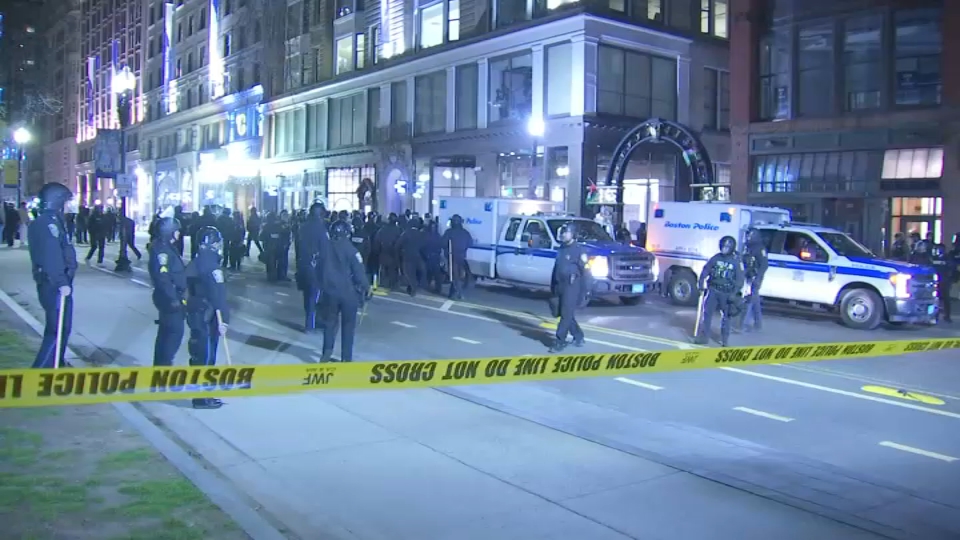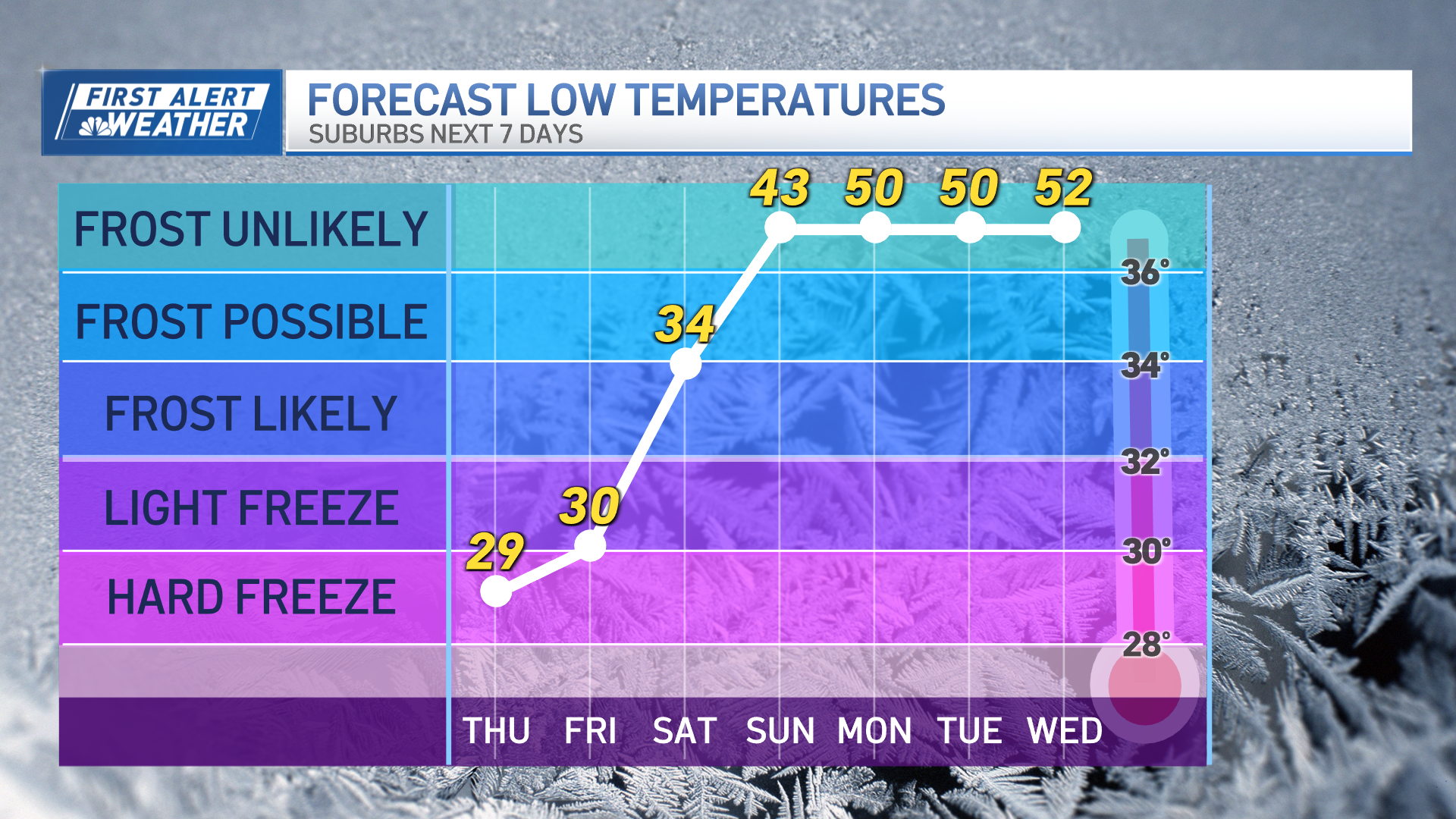A new report by a Boston community foundation found that Boston schools are behind the rest of the state in their performance on the science and technology/engineering MCAS test.
The report, released by The Boston Foundation, did find some improvement on the test from Boston schools over the last decade, but concluded that the city is still underperforming compared to the rest of the state.
The author of the report -- Matthew Pakos, a former associate commissioner for the state's Department of Elementary and Secondary Education -- analyzed science MCAS scores since 2008 and found a startling 25 percent or greater difference between the percentage of Boston students who scored proficient or advanced on the test and the state school average for grades five and eight.
According to the report, less than 20 percent of Boston Public School students in grades five and eight scored proficient or advanced on the test in 2017. In the 10th grade, less than half reached those scores.
The report also showed that Boston students are in line with other state trends, such as performing better on the math and English MCAS than the science MCAS.
Racial disparities in scoring, which have been a long time problem, also persisted. Students whose second language is English, economically disadvantaged students and students with disabilities scored significantly lower on the science MCAS.
Most dramtically, black and Latino students were two to three times less likely to score proficient or advanced on the exam than whites and Asians in grades five and eight. In the 10th grade, white and Asian students were almost twice as likely to achieve those scores.
Local
In-depth news coverage of the Greater Boston Area.
Within the city, certain types of schools performed better than others. Exam school students were five times more likely than non-exam school students to score proficient or advanced on the grade eight MCAS. Commonwealth Charter Schools were twice as likely to score proficient or advanced on the grade five science MCAS, and were above the state average in scores for the grade 10 biology and physics MCAS while Boston Public Schools were below.
Both Commonwealth Charter Schools and Boston Public Schools scored significantly better than other schools on grade 10 science MCAS tests, both having approximately 40 percent more students scoring proficient or advanced.
Paul S. Grogan, president of the Boston Foundation, said in the report that it is important that Boston students receive a robust science education as the science and technology industries increasingly offer economic opportunities.



